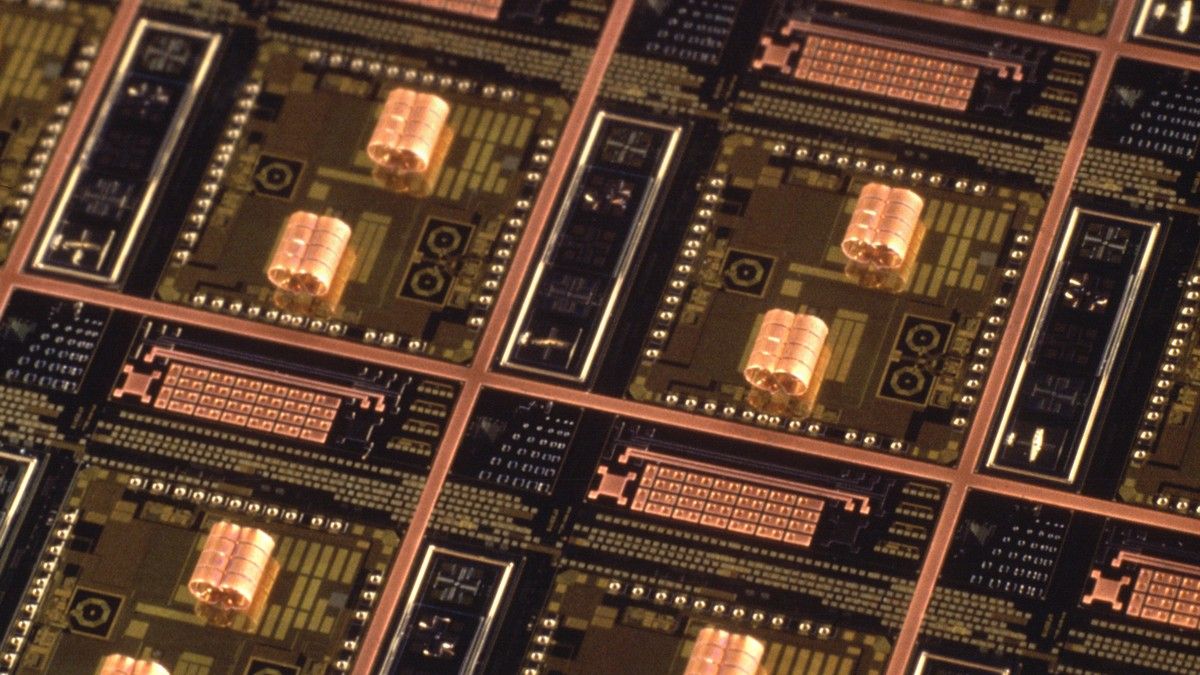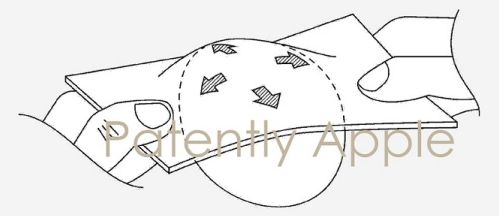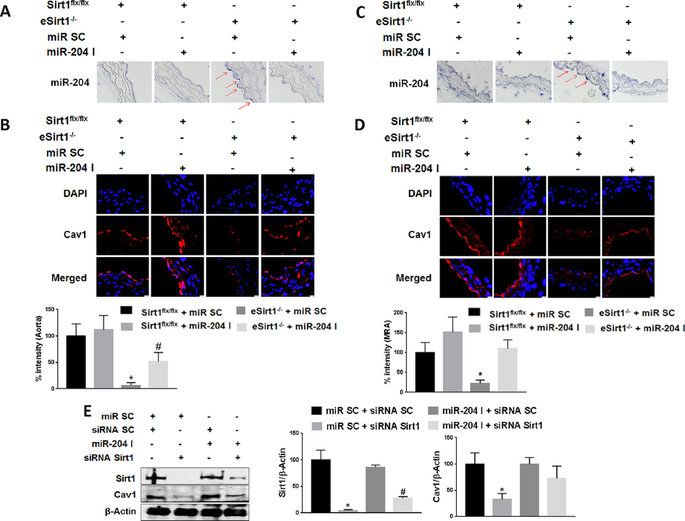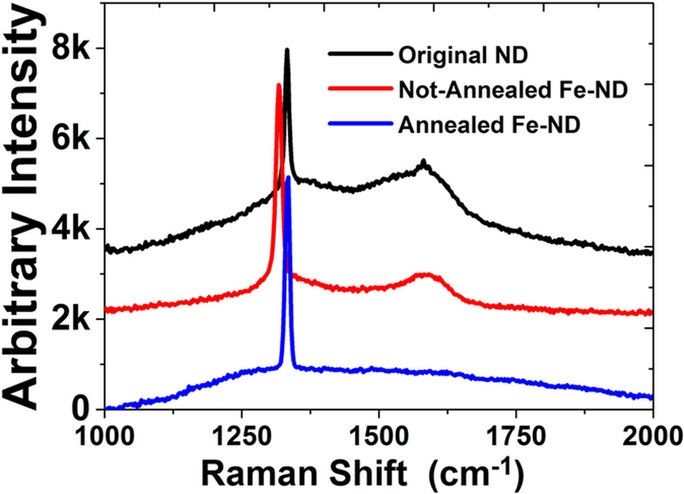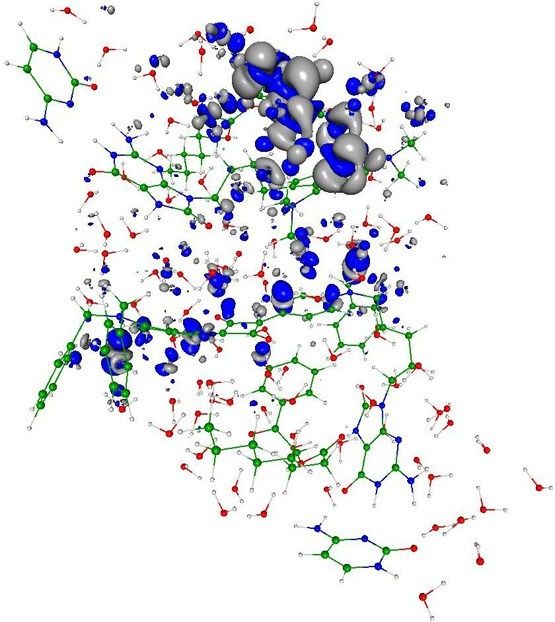Page 10541
Feb 9, 2017
This technology could finally make brain implants practical
Posted by Shane Hinshaw in category: neuroscience
Harvard Medical School is testing a new design of a brain implant meant to restore vision to the blind.
Feb 9, 2017
Apple Invents Flexible Displays and Electronics to Work with Future iDevices, Clothing, Smart Windows & more
Posted by Klaus Baldauf in categories: biotech/medical, mobile phones
Patently Apple’s other blog called Patently Mobile has covered the advances of flexible displays from Samsung for years. You could check out some of the major ones here: (one, two, three and four. The most interesting ones relate to a possible scrollable smart device. Today the US Patent & Trademark Office published a patent application from Apple that reveals their work on flexible displays and electronics that will extend to specialty applications. Beyond applying their revealed technology to known devices such as a smartphone or tablet, Apple see’s the technology being widely adopted into smart clothing, smart windows, applications in vehicles, furniture and more. One of the inventors on the patent previously worked for a company where they made flexible medical devices, skin-mounted epidermal electronics and even next gen flexible processors. So this is a serious invention that is likely to work through the system over time and eventually to market. It’s not just pie in the sky thinking.
Traditional displays and touch sensors mounted in a device may be subject to stress-induced failures. As devices with flexible displays are being considered for the future, Apple has to invent new and improved input-output methodologies to accommodate such displays.
Apple notes that their invention relates to a flexible input-output device such as a display or a display with integrated sensors and haptic output may be formed from an elastomeric substrate layer.
Feb 9, 2017
Sirtuin1 protects endothelial Caveolin-1 expression and preserves endothelial function via suppressing miR-204 and endoplasmic reticulum stress
Posted by Karen Hurst in category: biotech/medical
Excellent read on study of Sirt1 in endothelium-dependent vascular function.
Sirtuin1 (Sirt1) is a class III histone deacetylase that regulates a variety of physiological processes, including endothelial function. Caveolin1 (Cav1) is also an important determinant of endothelial function.
Feb 9, 2017
Fe doped Magnetic Nanodiamonds made
Posted by Karen Hurst in categories: nanotechnology, particle physics
Nice write up on magnetic Nano diamonds (NDs)
Here we present a simple physical method to prepare magnetic nanodiamonds (NDs) using high dose Fe ion-implantation. The Fe atoms are embedded into NDs through Fe ion-implantation and the crystal structure of NDs are recovered by thermal annealing.
Feb 9, 2017
Determining the nature of the gap in semiconducting graphene
Posted by Karen Hurst in category: materials
Making small graphene devices more of a reality.
Since its discovery, graphene has held great promise as a two-dimensional (2D) metal with massless carriers and, thus, extremely high-mobility that is due to the character of the band structure that results in the so-called Dirac cone for the ideal, perfectly ordered crystal structure.
Feb 9, 2017
The Quantum World of Digital Physics: Can a Virtual Reality be Real?
Posted by Karen Hurst in categories: particle physics, quantum physics, virtual reality

Playlist: Do We Live in a Simulated Reality?
The Quantum World of Digital Physics: Can a virtual reality be real?
Continue reading “The Quantum World of Digital Physics: Can a Virtual Reality be Real?” »
Feb 9, 2017
Brain to Brain Connectivity During Distal Psycho-informational Influence Sessions, Between Spatially and Sensory Isolated Subjects
Posted by Karen Hurst in categories: business, life extension, neuroscience, quantum physics
Sharing more research conducted on Quantum Bio’s Brain to Brain communications. For all my hardware/ device friends exploring their own futures in a QC world. This was resurfaced in Jan 2017; the report itself is still relevant. Quantum Bio truly will change our device markets, IoT, and medicine/ healthcare drastically. This will be where we truly see tech and bio as one.
Want to see real convergence of tech and bio meaning no more need for smart devices, improved immunology in humans to counteract proactively disease and illness, accelerate heal times from injuries, reverse aging, etc. then you need to definitely engage Quantum bio in your work and discoveries as many have seen its potential and making changes leveraging this technology.
What you do on the Internet is nobody’s business but yours. At ProxySite.com, we stand between your web use and anyone who tries to sneak a peek at it. Instead of connecting directly to a website, let us connect to the website and send it back to you, and no one will know where you’ve been. Big Brother (or other, less ominous snoops) won’t be able to look over your shoulder and spy on you to see what you’re reading, watching or saying.
Feb 9, 2017
Quantum Neural Network-Based EEG Filtering for a Brain–Computer Interface
Posted by Karen Hurst in categories: information science, quantum physics, robotics/AI
Nice research paper on Quantum Neural Networks for BMI related technologies. This is not a new article and more of a study published in 2014. Quantum Bio will change BMI.
Another version of this topic.
A novel neural information processing architecture inspired by quantum mechanics and incorporating the well-known Schrodinger wave equation is proposed in this paper. The proposed architecture referred to as recurrent quantum neural network (RQNN) can characterize a nonstationary stochastic signal as time-varying wave packets. A robust unsupervised learning algorithm enables the RQNN to effectively capture the statistical behavior of the input signal and facilitates the estimation of signal embedded in noise with unknown characteristics.
Continue reading “Quantum Neural Network-Based EEG Filtering for a Brain–Computer Interface” »
Feb 9, 2017
Quantum entanglement in photoactive prebiotic systems
Posted by Karen Hurst in category: quantum physics
Although this article is 2 years old; it covers one of the foundational areas of Quantum Biology.
Figure legend:
You can see in the enclosed figure the quantum entanglement phenomenon in the closely self-assembled two synthesized protocells system due to the photo excited electron charge transfer from one protocell to another that leads to closer self-assembly and exchange of energy and information.
Continue reading “Quantum entanglement in photoactive prebiotic systems” »

